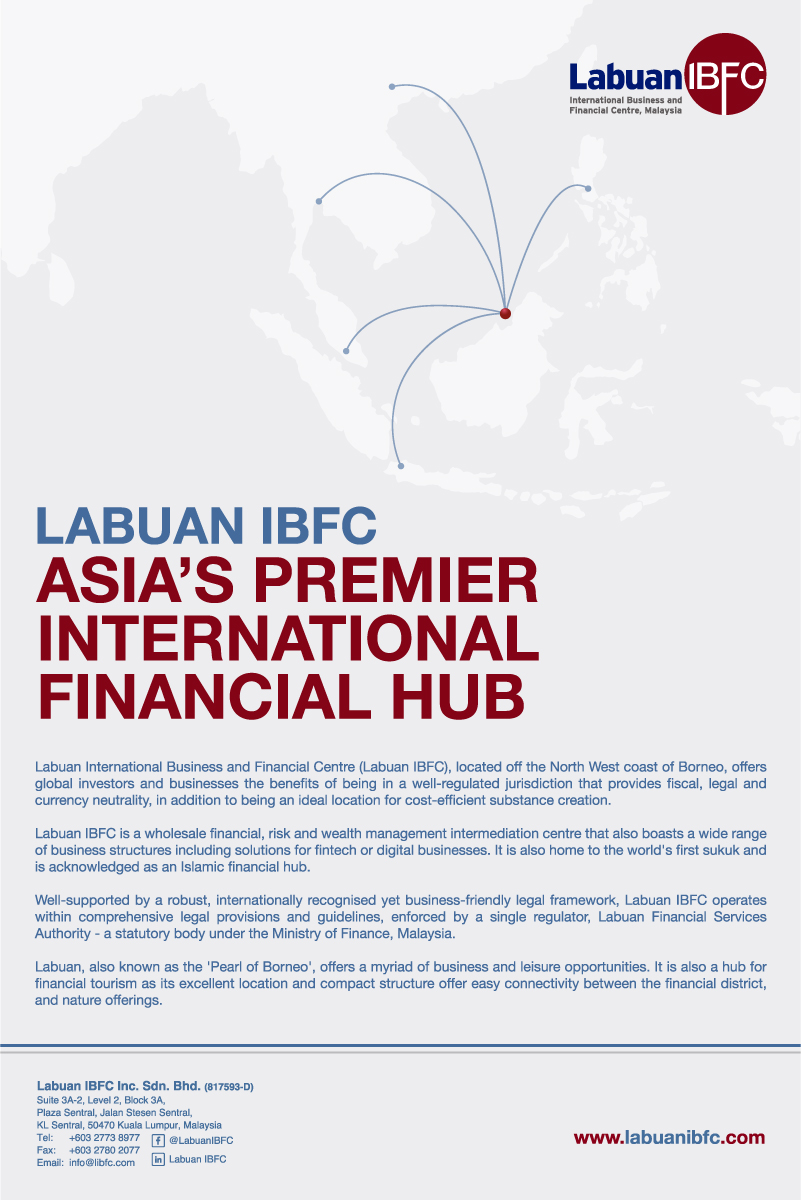With a 2020 Olympic bid in the balance, Turkey has certainly set high hopes for the future of its economy. And while much of Europe is struggling to overcome current economic difficulties, Turkey is enjoying steady growth in the insurance and reinsurance market.
With a 2020 Olympic bid in the balance, Turkey has certainly set high hopes for the future of its economy. And while much of Europe is struggling to overcome current economic difficulties, Turkey is enjoying steady growth in the insurance and reinsurance market.
According to a recent blog post by Namik Gulsun, executive director at Faber Global, a trading division of Willis Group Holdings, figures from the Turkish Contractors Association (TCA) in 2010 and 2011 show that Turkey’s gross domestic product grew 9.2 percent and 8.5 percent respectively.
He says: “Despite its growth slowing in recent years, Turkey’s current rate of economic development suggests a bright future ahead for the country.”
Gulsun explains that domestic insurers in Turkey must take advantage of this growth by promoting the use of more specific insurance covers for the new assets it is creating.
“While they cruise slowly but surely towards increasing insurance penetration in the country, Turkish insurers must also adapt and become more responsive to new types of risk that they consider ‘unusual’ in terms of sophistication or size,” says Gulsun.
One of the main reasons for Turkey’s economic growth is the country’s expanding construction industry. TCA figures show that during 2010 and 2011, the construction industry in Turkey grew 18.3 percent and 11.3 percent respectively.
Gulsun says: “This is being driven by a combination of significant government investment and regional projects in the Middle East, North Africa, Russia and Commonwealth of Independent States countries.”
“To put this into perspective, Turkish contractors are now second only to Chinese contractors in terms of number projects won globally.”
Gulsun adds that new finance techniques such as project finance—in which the private sector provides finance to construction projects, runs them to gain a return, and then hands them back to the government at an agreed point—are also boosting the Turkish economic structure.
Gulsun says: “While the construction industry continues to broaden its geographical footprint abroad, the Turkish government’s use of project financing means that projects that once would have been in the realm of fantasy are now becoming a reality.”
“Project financing [is] creating access to capital, and the calm and solid political environment continues to attract foreign investors,” he adds.
Options such as project finance have provided the Turkish government with access to an abundance of capital, which has in turn led to high value and specialised projects ranging from $500 million to $1 billion.
“This has left Turkey’s insurers playing a game of catch up. While the industry is astute at covering traditional risks, it has not yet become attuned to covering more specific complex risks that the country’s recent economic boom is creating.”
“This is where reinsurers with global expertise can offer assistance and support in creating appropriate programmes to cover more complicated risks.”
Gulsun highlights that PPP (public private partnership) hospital projects, which are health campuses of unparalleled size in Turkey, are just one example of the expensive project work that is taking place in the country.
He adds that other types of general and public liability covers are also stemming from these new projects, including, political risks, surety bonds, comprehensive machinery covers and financial covers for complex contract articles.
And as economic growth continues and diversified risks mount up, Malcolm Cutts-Watson, chairman of the Willis global captive practice, believes that the introduction of captive insurance could solve many of the country’s risky problems.
“Any forward looking government, such as Turkey’s, might welcome captive technology for the benefits it can bring. These include inward investment, development of local infrastructure and the improved competitiveness of local companies,” says Cutts-Watson.
According to Cutts-Watson, captives can deliver these benefits by acting as risk aggregators, enabling economies of scale to be achieved on risk transfer purchases, the spread of risk and an enlarged asset portfolio.
Cutts-Watson believes that captives can also act as a focal point for the mutualisation of group risk and foster improved collaborative risk management and loss control behaviours, driven by business units having a financial stake in the success of the insurance programme.
He adds: “Captives can play a role in managing traditional risks but also can participate in emerging risks such as cyber liability and risks that are unattractive to the market, such as environmental.”
“Risk retention in a captive can also be a temporary play until the market can model the risk and price accordingly or can be a long term strategy to a robust risk financing solution.”





